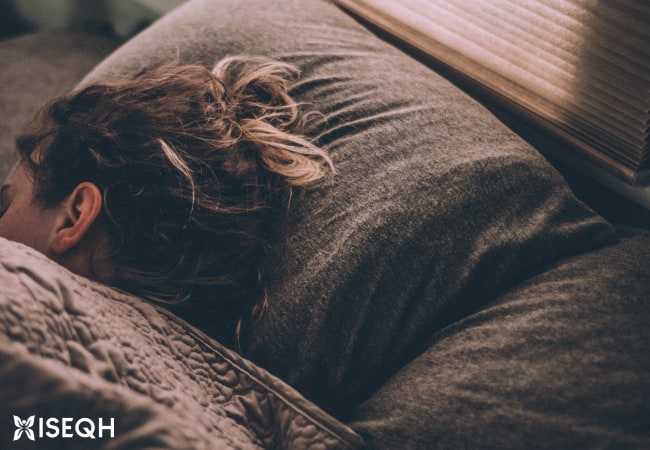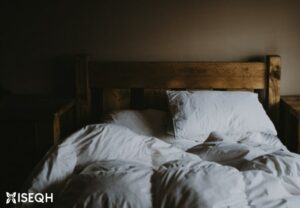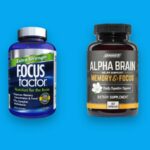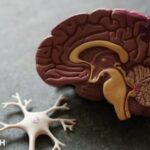
Table of Contents
Introduction
Nootropics, colloquially referred to as “smart drugs,” are psychoactive substances that are purported to enhance cognitive function by boosting memory, creativity, and focus. The usage of these cognitive enhancers has grown in popularity over the years, with people incorporating them into their daily routines to augment their mental abilities. However, the unresolved inquiry that persists concerns the impact of nootropics on one’s sleep patterns. Ergo, in the subsequent discourse, we will scrutinize the correlation between nootropics and sleep.
Sleep, a fundamental component of our diurnal cycle, is an imperative aspect of our general well-being and health. During sleep, the body undergoes a process of rejuvenation and reparation, which is vital for the preservation of cognitive proficiency, emotional equilibrium, and physical welfare.
How do nootropics affect sleep?
Nootropics, substances known to enhance cognitive function, come in a variety of types, each with distinct mechanisms of action. Some of the most sought-after nootropics include caffeine, modafinil, and racetams.
However, the effects of these nootropics on sleep remain somewhat unclear, with some studies suggesting that they can boost sleep quality while others argue that they may disrupt sleep patterns. It is important to note that the impact of nootropics on sleep may vary depending on the type of nootropic consumed, the dosage, and individual differences.
Certain nootropics have been shown to have positive effects on sleep quality. For instance, melatonin, a hormone that regulates sleep-wake cycles, can be effective in improving sleep onset and duration. Similarly, GABA, an inhibitory neurotransmitter that promotes relaxation and reduces anxiety, has been shown to improve sleep quality.
On the other hand, some nootropics can have negative effects on sleep. For example, caffeine, a stimulant, has been shown to interfere with sleep patterns, making it difficult to fall asleep or stay asleep. Additionally, modafinil, a popular nootropic, has been known to reduce the amount of deep sleep, which is essential for restorative functions.
It is also important to consider the role of dosage when it comes to the effects of nootropics on sleep. High doses of certain nootropics can lead to insomnia, while lower doses may have a positive impact on sleep quality. Overall, it is important to approach the use of nootropics with caution and consult with a healthcare provider to determine the best course of action for improving cognitive function while maintaining healthy sleep habits.
Nootropics that improve sleep
Melatonin
Melatonin is a hormone that is naturally produced in the body, and it plays a crucial role in regulating sleep-wake cycles. Melatonin supplements are commonly used to improve sleep onset and duration.
GABA
GABA is an inhibitory neurotransmitter that helps to reduce anxiety and promote relaxation. GABA supplements can be used to promote relaxation and improve sleep quality.
Valerian root
Valerian root is a natural sedative that is commonly used to improve sleep quality. It works by increasing the levels of GABA in the brain, which promotes relaxation and reduces anxiety.
L-theanine
L-theanine is an amino acid that is found in tea leaves. It has been shown to have a calming effect on the brain and can help to improve sleep quality. L-theanine works by increasing the levels of GABA, dopamine, and serotonin in the brain, which are neurotransmitters that promote relaxation and improve mood.
Bacopa monnieri
Bacopa monnieri is an herb that is commonly used in Ayurvedic medicine to promote relaxation and improve cognitive function. It has been shown to have a calming effect on the brain and can help to improve sleep quality.
Conclusion
The employment of nootropics to improve sleep quality is a multifaceted issue, the effects of which can vary greatly depending on the specific nootropic, dosage, and individual response. Certain nootropics, including but not limited to melatonin, GABA, valerian root, L-theanine, and Bacopa monnieri, have been demonstrated to have a positive impact on sleep. However, it is of utmost importance to seek advice from a medical professional before initiating the use of nootropics due to the potential for unfavorable side effects and drug interactions.
Furthermore, the maintenance of a healthy lifestyle involving routine physical activity, a well-balanced diet, and proper sleep hygiene is integral to the optimization of sleep quality. It is imperative to note that the intricacies of nootropic use and its correlation with sleep quality cannot be encapsulated in a singular statement or generalization. Each individual’s unique physiological and psychological composition must be considered when determining the appropriate course of action.
Are nootropics safe to use for sleep?
It depends on the type of nootropic used and the dosage. Some nootropics, such as melatonin, are generally considered safe for short-term use. However, other nootropics, such as modafinil, can have potential side effects and interactions with other medications. It is important to consult with a doctor before using any nootropics.
Can nootropics be used to treat sleep disorders?
Nootropics are not typically used to treat sleep disorders. However, some nootropics, such as melatonin, may be used to improve sleep quality in certain cases. It is essential to consult with a doctor before using any nootropics for sleep disorders.
Can nootropics be addictive?
Some nootropics, such as caffeine and modafinil, can be addictive if used excessively. It is important to use nootropics responsibly and in moderation to avoid addiction.
Can nootropics be used to replace sleep?
No, nootropics cannot replace the need for sleep. While some nootropics may improve sleep quality, they cannot replace the restorative functions of sleep on the body.
What is the best way to improve sleep quality?
The best way to improve sleep quality is to maintain a healthy lifestyle, including regular exercise, a healthy diet, and good sleep hygiene. Additionally, natural sleep aids such as melatonin, GABA, valerian root, L-theanine, and Bacopa monnieri may be used to improve sleep quality, but it is essential to consult with a doctor before using any supplements.








